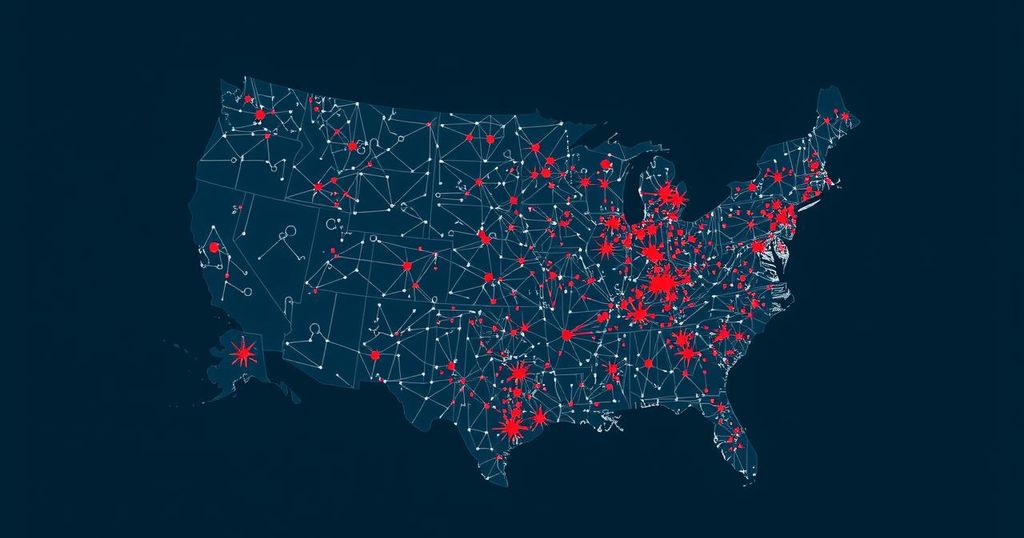The article reflects on the unexpected election results, revealing voter preferences for leadership that prioritizes economic and immigration issues over character. It examines historical precedents and discusses the public’s openness to strong leadership, alongside a call to uphold democratic values and seek divine guidance during tumultuous times.
The recent election results have baffled many analysts and observers, revealing a stark contrast to polling predictions. Upon viewing the predominantly red map on November 6th, I questioned the accuracy of pre-election forecasts. As discussions at home indicated a widespread discontent with the winning candidate, it became apparent that voters prioritized effective leadership on critical issues like the economy and immigration over personal admiration for the candidates. Historically, challenging times, such as the Great Depression in the 1920s and 1930s, paved the way for authoritarian regimes due to public desperation. While I do not equate our incoming president with such extremities, there exists a palpable demand among citizens for robust leadership, unbound by conventional political norms. The sentiment expressed by many is that a leader’s questionable morals should take a backseat to economic prosperity and a reduction in foreign military engagements. Indeed, some citizens exhibit acceptance of oligarchic governance, drawing parallels with existing powers like Russia. Before one resorts to extreme measures in response to these sentiments, it is imperative to understand that we reside in a democracy where the vote is our avenue of expression. The judicial system, despite its complexities, still provides checks on executive power. While some decisions may appear questionable, the mechanisms within our Constitution allow for redress and management of any overreach. It is critical to remain patient during these transitions. Ultimately, we are on a path of inevitability where historical narratives will evolve and our society will undergo transformation. To navigate these complexities, a return to spiritual guidance and reflection is essential, as our faith in God provides clarity and foundation for future endeavors.
The article discusses the bewildering outcomes of a recent national election, where expectations set by polling data deviated significantly from the actual results. This discrepancy highlights a deeper narrative about voter priorities, illustrating a shift towards seeking pragmatic leadership over personal ethics. Through historical context and public sentiment analysis, the author explores the implications of such leadership styles and the frameworks that govern democratic societies.
In conclusion, the recent electoral outcomes have unveiled a changing landscape in voter priorities, emphasizing the demand for effective governance over individual candidate ideals. The historical comparisons serve as a reminder of the volatile nature of political environments. As we adapt to new leadership, it is pivotal to remain grounded in democratic principles and seek divine guidance to navigate the challenges ahead.
Original Source: www.statesboroherald.com






